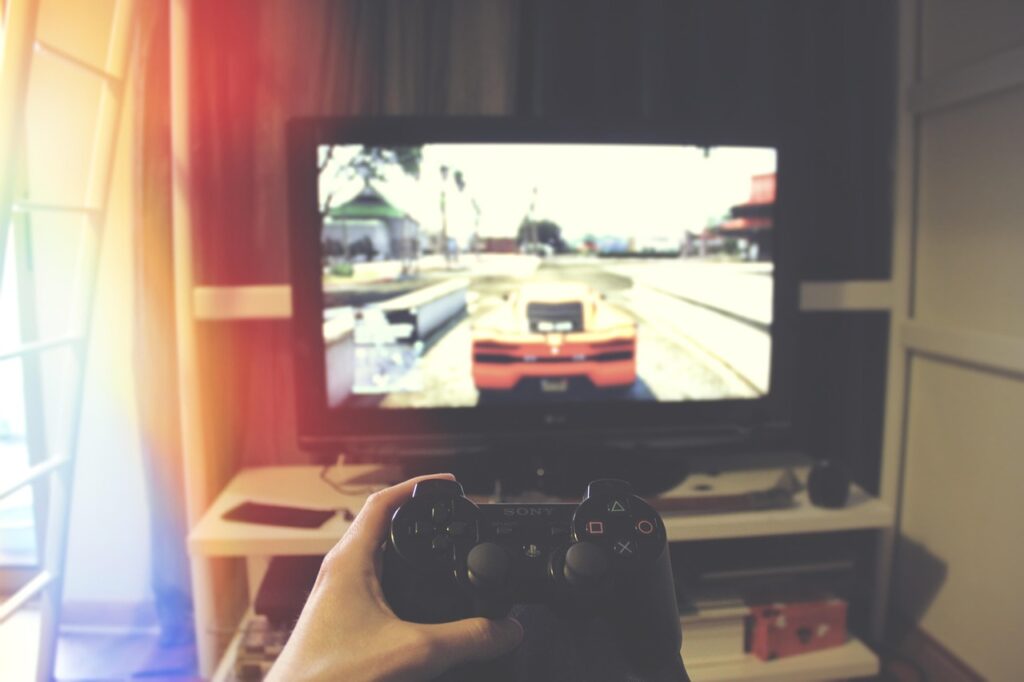In a move that has sent ripples across the gaming community, Warner Bros. Discovery appears to be pulling the plug on the entire catalog of Adult Swim games, marking a potential end of an era for fans of these quirky, often experimental titles. The news came to light when developers behind titles like Small Radios Big Televisions, Fist Puncher, and Soundodger+ revealed they were informed by Warner that their games would be “retired” from sale, with no option to transfer them back to the original creators or provide alternative means for their sale in the future. This decision has sparked a conversation not only about the fate of these specific games but also about the larger issues of digital ownership and game preservation.

The creator of Small Radios Big Televisions first hinted at this digital annihilation when he said that Warner Bros. Discovery had chosen to discontinue his game because of “internal business changes.” Developers of other Adult Swim-published games swiftly followed suit with similar statements, expressing their shock and worry at their titles being taken down from websites like Steam without the ability to transfer ownership. Not only is the decision disheartening for the developers who put their all into these games, but it also puts players at risk of losing access to games they have already bought and cherished.
It’s interesting to note that Warner Bros. Discovery has previously made headlines for content cuts. The business has pulled dozens of television series and films off its streaming service, Max, and canceled the release of finished films in recent years. The most recent game delistings and other steps appear to be a part of a larger strategy of content curation, whether for internal business purposes or tax benefits. However, there is a significant impact on both the developers of these newly endangered games and the gaming community.
The main concern for some is the problematic idea of advanced game proprietorship. The truth that games can be eliminated from deal and possibly from libraries features a weakness in how computerized content is claimed and protected. While it’s normal for games to be delisted from stores, the refusal to permit designers to recover their games or furnish them with a way to keep them accessible is especially upsetting. It brings up issues about the fate of game safeguarding and the freedoms of engineers and players in the advanced age.
Developers who have been impacted by these delistings have voiced a range of emotions, including resignation, irritation, and sadness. Some are looking into ways to relist their games without the Adult Swim logo, although doing so would require them to start again without their prior community content, wishlists, or reviews. Others have discussed the wider ramifications, stressing the value of backups and physical media in maintaining the cultural legacy and art form of video games.
Related posts:
Even more Adult Swim games are being removed from sale by Warner Bros, as a total wipeout looks increasingly likely
Devs left with tough choices as Warner Bros. ends all Adult Swim Games downloads
Indie Dev Hits Out at Warner Bros. Discovery Over ‘Incredibly Disappointing’ Decision to Delist Their Adult Swim Game



